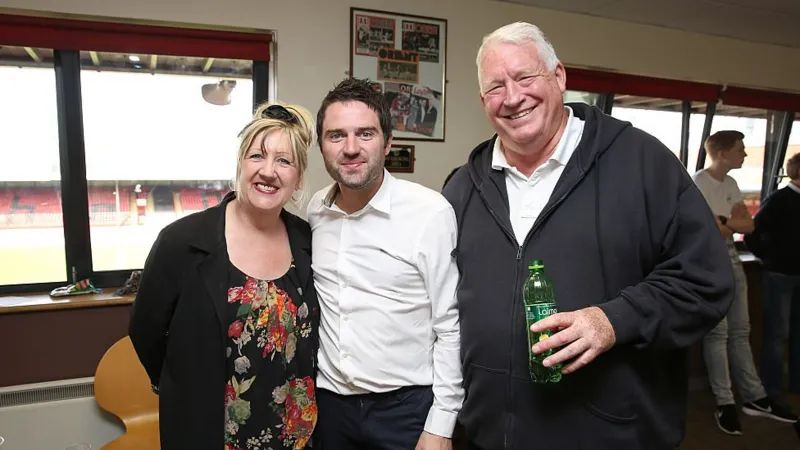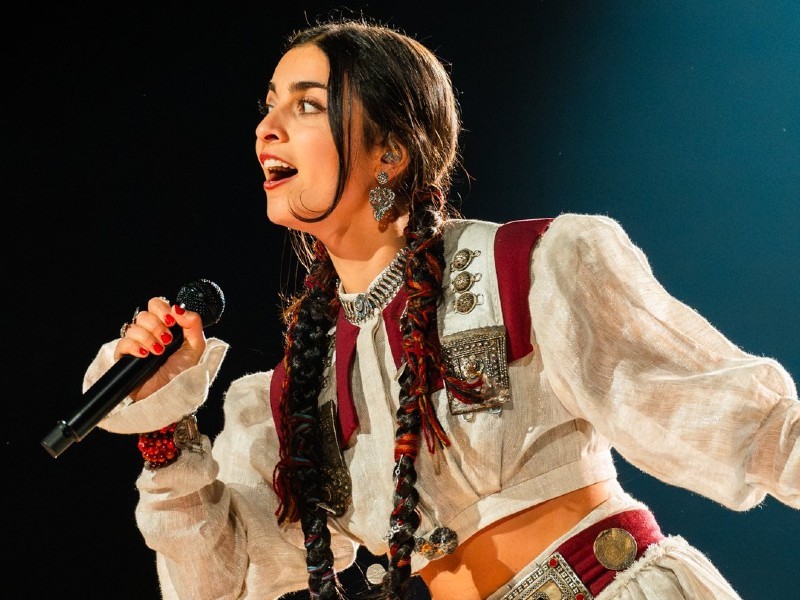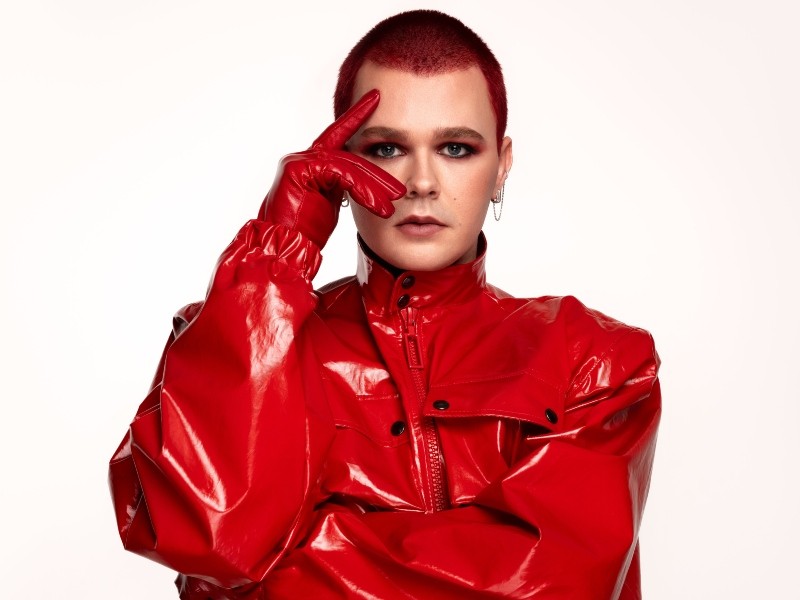
While preparations for Eurovision 2025 are underway, the events that unfolded during this year’s edition of the contest are still on the mind of both Eurovision fans and the EBU. Following the conclusion of an independent review into May’s contest, Eurovision organisers have now unveiled three development areas they will be focusing on to address the review’s recommendations.
Despite an outstanding show on stage in Malmö, the 2024 contest was overshadowed by the disqualification of Dutch contestant, Joost Klein, and numerous complaints from various delegations regarding issues behind the scenes.
In response to the issues encountered this year, the EBU announced an independent review into the event. Led by an independent industry expert, the review collected comprehensive feedback on this year’s event from a diverse array of Eurovision Song Contest stakeholders. This included Heads of Delegation, members of the ESC Reference Group (RG), the Contest’s governing board, and the core team from EBU/ESC.
Independent review conclusions
On Monday, the EBU announced the conclusion of the independent review. Based on the findings, the EBU has pinpointed three key thematic areas for addressing recommendations in the upcoming months. These initiatives aim to fortify and safeguard future editions of the Eurovision Song Contest, ensuring they remain a unifying force for global audiences. The identified areas are: EBU Governance and Participation; Safety and Risk Management; and Audience Engagement, Fans, and Media.
Below is the press release from the EBU in full, outlining the steps already taken and what will be looked at in the coming months:
Actions already taken
To ensure we do not lose momentum, a taskforce of senior leaders across the EBU and its membership has been appointed to oversee decision making and implementation of changes in the above areas in the coming months.
The independent review also found that there was a need to bolster the leadership team of the ESC to ensure operational bandwidth to manage an event of this scale. We have created a new role of ESC Director, which will report to the EBU Deputy Director General and Media Director. This will streamline the Executive Supervisor’s responsibilities to focus on ESC production, Heads of Delegations and member relationship building, and day-to-day production issues. The ESC Director will oversee the work of the existing Executive Supervisor and a new role entitled Head of ESC Brand and Commercial.
Only six weeks since the 2024 Eurovision Song Contest, we are pleased to have taken these decisions swiftly to strengthen and sustain the event for the future.
We are committed to ensuring that the Eurovision Song Contest continues to go from strength to strength and that all stakeholders, not least participating broadcasters and the millions who enjoy the event, can be reassured of our best intentions to maintain the success of this event that brings so much joy to millions around the world.
Thematic development areas:
EBU Governance and Participation
This area will look at: clarifying the decision-making responsibilities of the various EBU Governing Bodies as it relates to the accepted list of participants, ensuring a wide range of member opinions are heard; the remit of the governing bodies, and the responsibilities of the ESC Core Team; and the role of the Heads of Delegations and responsibilities of Participating Artists.
Safety and Risk Management
This area will look at: improving understanding of the ESC rules across all stakeholder groups, including artists, with a focus on simplification, consolidation and improved accessibility; strengthening the existing ESC Crisis Management Protocols; and bolstering our security and cybersecurity provisions in light of increased needs.
Ensuring a general-audience show and broad engagement
This area will look at: increased collaboration with fan groups, influencers, and media to build broader engagement based on ESC values; and ensure that the ESC continues to be an all-audience show appealing to a broad prime-time audience of all ages.
What are your thoughts on the actions taken by the EBU? Do you believe their thematic development areas for Eurovision will prove effective? Share your opinions in the comments below!















